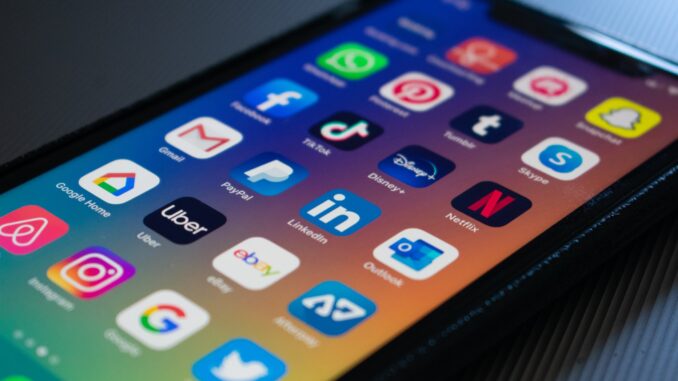
By Shea Stevenson
It is not just you; the largest websites and apps on the internet are getting worse. They are bombarding their users with more ads, adding strange and unnecessary features, and sometimes cutting other features that are essential to the function of the site.
From Twitter’s (X’s?) removal of the “block” feature (among lots of other stuff with them in particular, good God), to HBO (Max?) removing shows without warning and with nowhere else to watch them, it seems to the untrained eye that companies are lining up to shoot themselves in the foot. Not to mention omnipresent breaches of basic privacy that are becoming, at this point, the understood industry standard across the internet despite near-unanimous public disapproval. As an internet-savvy time-traveler from 1999 might ask if shown this situation: what are we doing here? What happened?
Call to mind the old adage that if you’re not the one spending the money, you’re probably the product. Your attention and the digital spaces you take up time to occupy are what most online companies trade in these days. Advertisers and surveillance agencies, if there’s a distinction, are the people who pay for YouTube to run a deficit year after year. Streaming was billed as the thing to surpass cable in customer experience and affordability, but now you’re paying for five apps and they get more expensive every couple of months with nothing new to show for it. Bit by bit, the things that these companies created to be useful (and to get you hooked) are Ship-of-Theseus’ed into whatever you had pre-internet but differently profitable, filtering into different pockets, this time with fewer regulations.
But you probably know all of that. The question of the day is why are the apps bad, or at least worse, and what could they possibly have to gain from trying to fix what isn’t broken?
There is precedent for obliterating stable infrastructure to make way for the bold, new, and broken. First of all, the consolidation of online space into a handful of unthinkably popular websites supported by user-produced content, frequently called “web 2.0,” can be likened to digital urbanization. The internet is more densely populated and crowded together than ever, and the infrastructure that allows that is built to elicit and sustain certain forms of capital accumulation (as we see in non-digital cities).
In this way, to speed past a very complicated and arguable assertion, modern capitalism and urbanism are conjoined sisters. The internet, usually not thought of as “physical” space (but what else could it possibly be?), follows the same economic and spatial shifts, only faster because they need not actually bulldoze a factory to replace it with a luxury condo; they only have to update a website.
From another angle, consider the destruction of the commons, in which, as capitalism expanded, the spaces and resources that were marked as free for public use were subsumed into the property market. The early internet was, to an extent, like that. Its early infrastructure was made for peer-to-peer (my computer and yours) communication and there was a vast swath of amateur websites that you might divide your attention between.
Even early social media reflected this sensibility of the “commons.” The less a given social media is built around scraping your data and microwaving your brain with ads, the more you probably like to use it. There is a tangible desire for this sort of “moral” social media, from BeReal to all the new Twitter alternatives advertising themselves as more people-friendly. But it’s an impossible dream in the current capitalist reality. We understand that social media should be free, but that state-run websites never work well. So who pays? In order for the websites we want to work, it seems like we must be the products. The internet’s infrastructure pulls us inexorably. It’s built how it’s built for a reason.
Google thinks that the search function it perfected around 2009 is not optimally profitable. The Google search function needs to be more like TikTok because they make more money than God by being better at turning users into products than anything has ever been. The search function, once built to find things, is now being remodeled to better reflect its purpose: to sell you while you find things.
The current ways of money-making aren’t enough to support the infinite growth that all companies need, extracting more and more every fiscal quarter lest their investors lose out. The old train station works, but the ones who built it are dead, and new investors need something to invest in. The old park is well-used, but it’d make more money as a luxury hotel. Here’s hoping all the servers melt and we can make an internet that’s meant to be useful, a commons, and not a mall. Here’s hoping that happens to the regular cities, too, someday.
